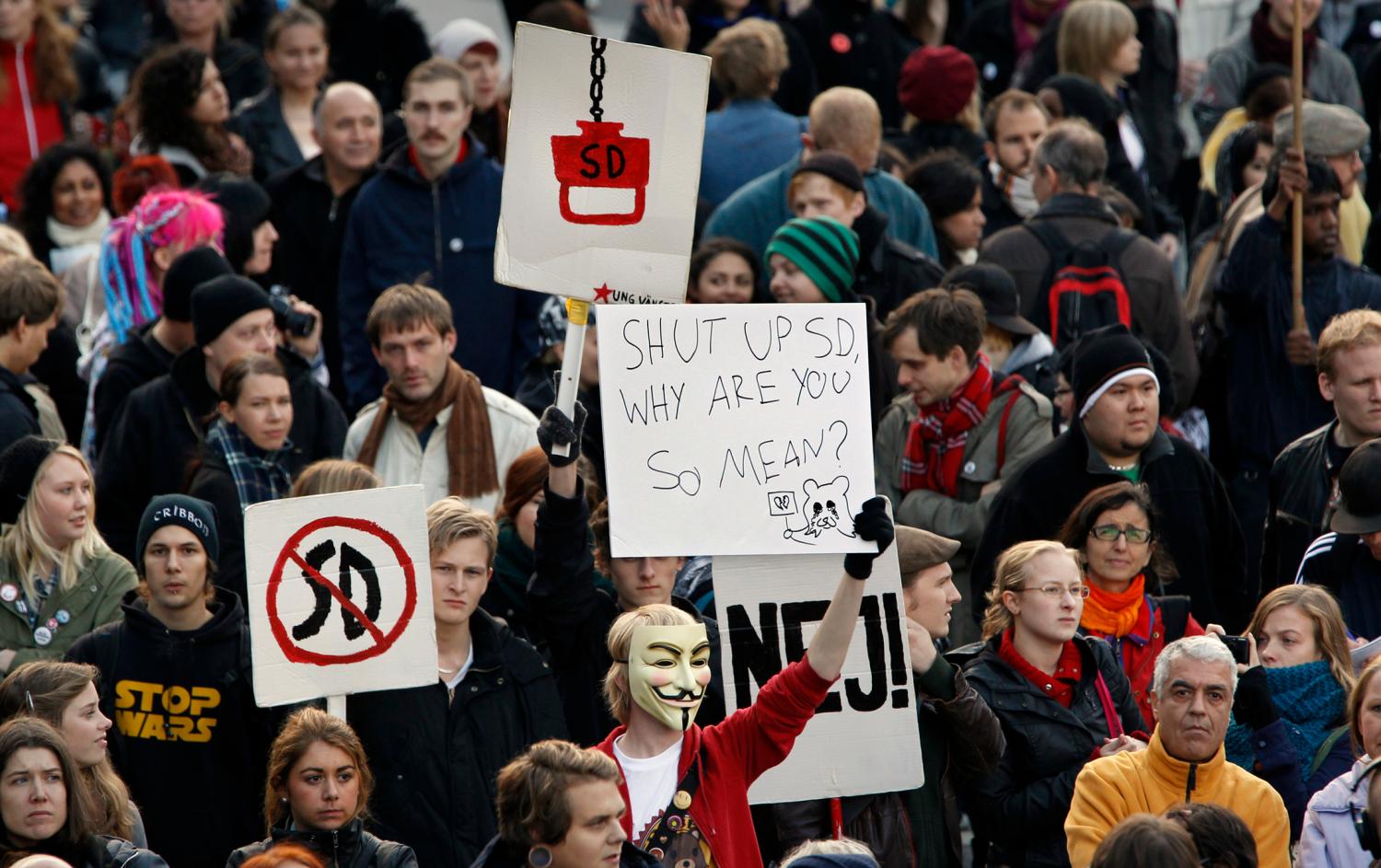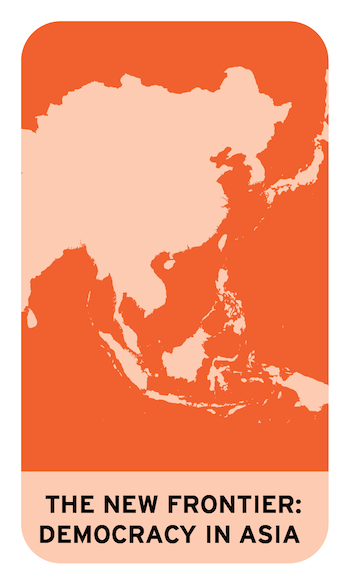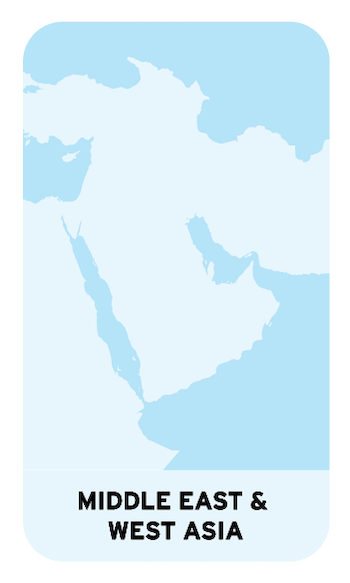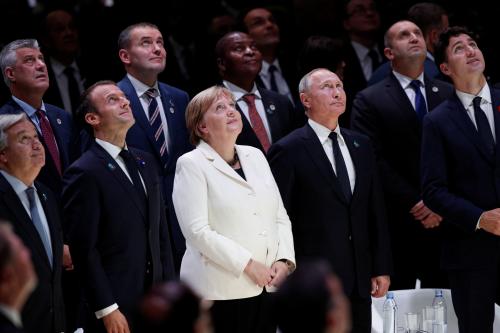 Executive Summary
Executive Summary
Across the West, apprehension over immigration and national identity are boosting the electoral fortunes of—and in some cases, bringing to power—political forces hostile to the liberal world order. Central to the growing popularity of these disparate political forces and phenomena is a growing belief that borders have become too porous, that nations are accepting too many immigrants (whether through legal or illegal channels), and that immigrants are not assimilating quickly and thoroughly enough into native cultures.
While the numbers of irregular migrants to Europe has declined significantly in the time since the 2015-16 refugee crisis, the lingering after-effects of the deluge—namely, the sense that European governments had lost control and a pessimism about European societies’ ability to integrate so many newcomers—have had a profound effect on the politics of the West. According to the spring 2018 Eurobarometer poll, Europeans list immigration and terrorism, increasingly intertwined in the minds of ordinary citizens given the threat of Islamist terrorism and the Islamic faith of the majority of the immigrants, as the two most important issues facing the EU.1
To ensure that these parties do not attain power and undermine both their own countries’ democratic institutions as well as the international liberal order more broadly, it is necessary to reduce the political salience of immigration. If leaders who are genuinely committed to preserving the liberal order ignore or dismiss popular opinion on immigration, they will lose ground to far-right movements committed to neither.
-
Footnotes
- “Standard Eurobarometer 89,” (Brussels: European Commission, June 2018), http://ec.europa.eu/commfrontoffice/publicopinion/index.cfm/Survey/getSurveyDetail/instruments/STANDARD/surveyKy/2180.











